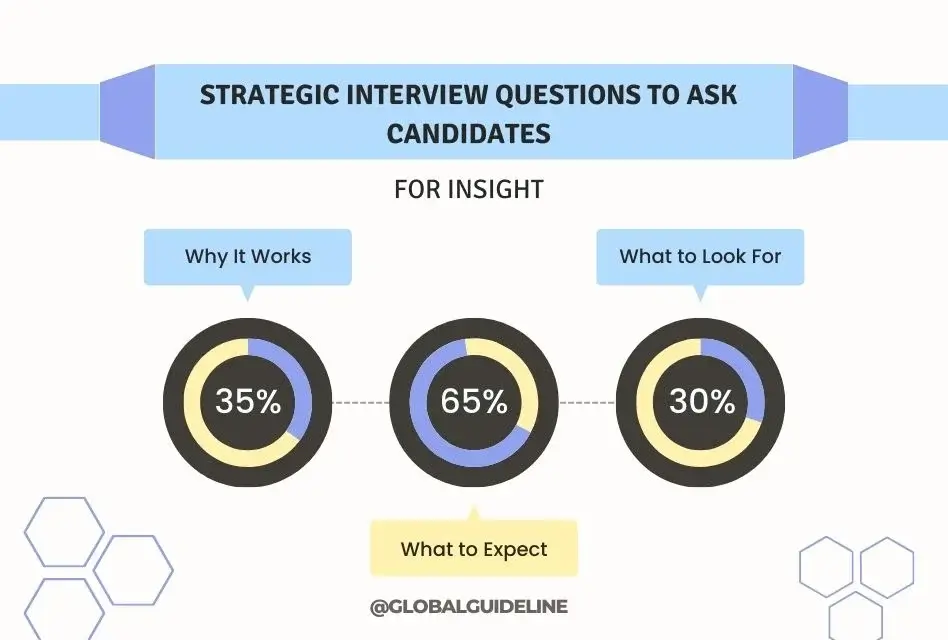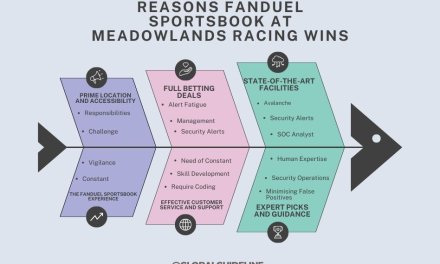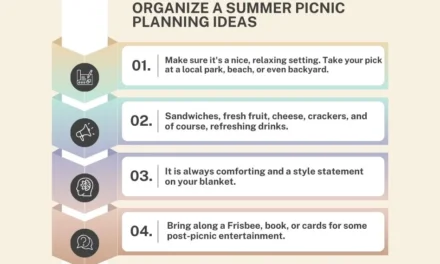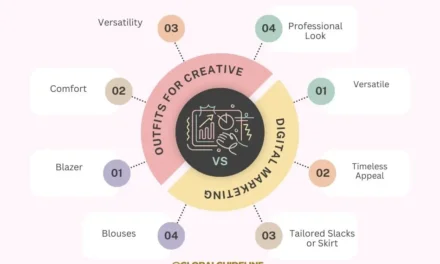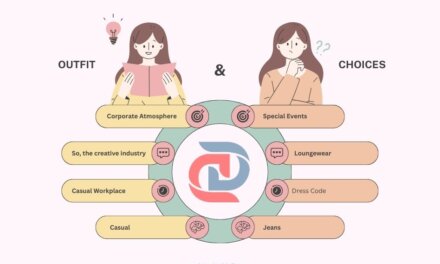More importantly, finding the ideal candidate for any organization involves recruiting the proper person first and foremost. Clearly, finding an individual with both skill and cultural fit is often a challenge at best. Strategic questions posed by hiring managers facilitate access to richer candidate insights into qualifications, style of working, and possible fit within the firm. Herein lies seven strategic interview questions to ask candidates designed to unearth critical information not found on the resume.
Table of Contents
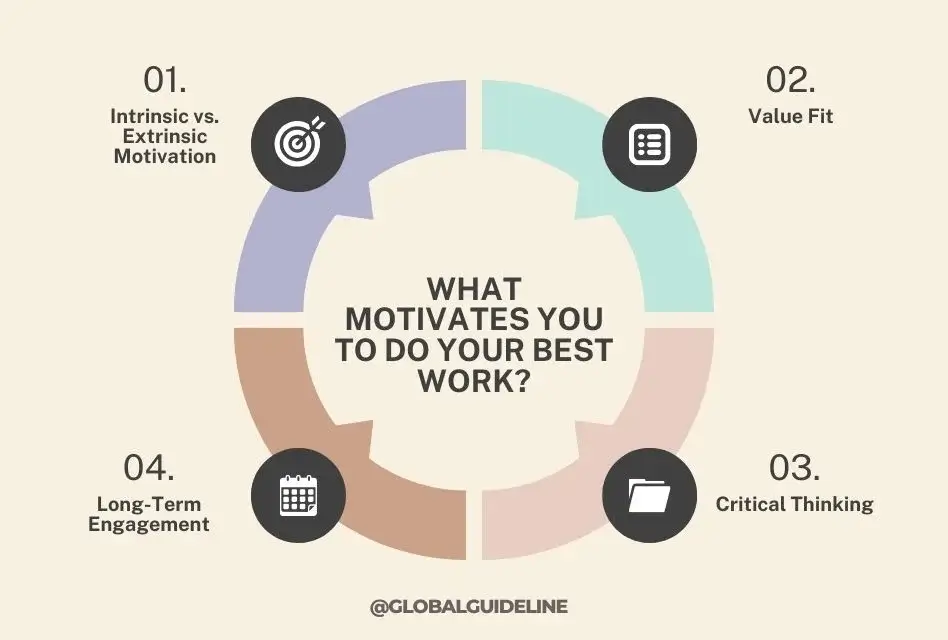
The Importance of Strategic Interview Questions
Strategic interview questions to ask candidates are much more than a tool for evaluating a candidate’s technical abilities. They need to be used to uncover how each candidate thinks, solves problems, and relates to people. By using these strategic interview questions, you will get to evaluate a candidate’s ability to prosper in your specific work environment and culture.
1. Describe a Situation Where You Faced a Significant Challenge in Your Job.
Another very potent behavioral interview question to pose to candidates, as it reflects the candidate’s problem-solving skills, their resilience, and work under pressure. The answer to this will reflect on their approach towards challenges and how composed they can be during such time.
Why It Works:
- Problem-Solving Skills: This question shows how the candidate identifies and solves problems, which is an important aspect in playing critical thinking roles.
- Resilience: Most challenges require one to overcome them through resilience and perseverance-a character needed in any dynamic work environment.
- STAR Method: The candidate may use the STAR method in structuring the response in situation, task, action, and result to give an apt and concise answer.
2. How Do You Prioritize Your Tasks When You Are Working Within Multiple Deadlines?
In many organizations-particularly one with a fast-paced work environment-it is important to understand how a candidate manages their time and prioritizes their tasks. Also, this will help you analyze whether the candidate can handle multiple responsibilities or not without compromising on quality.
What to Look For:
- Time Management: The candidate’s way of managing the tough deadline and high workload will denote their time management skills.
- Decision Making: How they decide on the tasks to emphasize would show the process of decision-making and balancing urgent and important activities.
- Communication: The candidate’s response may also involve how they communicate with their team and supervisors in managing the workload.
3. Can You Give an Example of a Time When You Worked Effectively in a Team?
Teamwork is usually an important part of an effective work environment. This question should be used to assess interrelation skills in relation to the ability to work with other people, communicate, and contribute to the success of the team.
Key Takeaways:
- Collaboration: Provide examples of how the candidate has worked on producing something achievable by several people simultaneously.
- Communication: The ability to converse within a group, especially in positions where people need to coordinate or collaborate in work.
- Cultural Fit: More importantly, the question may also delineate whether or not the candidate’s approach to teamwork fits with your company’s culture and values.
4. What Are Your Long-Term Career Aspirations, and How Does This Role Align with Them?
It always helps to understand a candidate’s long-term goals to get an idea if the candidate is going to stick around and grow with the company. Strategic interview questions to ask candidates about their long-term career aspirations will help you assess whether their goals align with what the role you are offering has in store.
What to Expect:
- Career Growth: A candidate who has clear aspirations about career growth is most likely highly motivated to commit to his or her work.
- Alignment: The response of the candidate will give an inclination whether the candidate is viewing the position as a stepping stone towards the long-term goal, which could be indicative of fit.
- Job Satisfaction: Candidates will be satisfied only when their career goals are congruent with the role.
5. How Do You Handle Feedback and Criticism? Can You Provide an Example?
Feedback, whatever the case may be, is inevitable in any professional setting for further growth and development. This gives insight into how a particular candidate would be able to accept and work upon constructive criticism essential for constant improvement, revealing their adaptability and willingness to engage with strategic interview questions to ask candidates.
Assessment Criteria:
- Receptivity: The candidate’s attitude toward feedback may serve as an indication of his/her openness to learning and improvement.
- Adaptability: How feedback applied previously demonstrates the way they have adapted and evolved in the role.
- Emotional Intelligence: The response of the candidate may also reflect upon their emotional intelligence-the way they conduct a conversation that can be potentially challenging.
6. Describe a situation where one had to make a difficult decision based on incomplete information.
Most of the working positions include decision-making under conditions of uncertainty. Strategic interview questions to ask candidates about their approach to making informed decisions despite incomplete information will reveal their critical thinking abilities and how they handle some level of risk.
What to Listen For:
- Critical Thinking: The process that the candidate uses in coming to a decision with incomplete information can be clearly seen in answering this question.
- Risk Management: How they assess and manage risks associated with their decision may indicate their strategic thinking ability.
- Confidence: Confidence of the candidate in his decision-making process, even in uncertain situations, is a good leadership trait.
7. What Motivates You to Do Your Best Work?
Motivation is one of the strongest performance drivers. Understanding a candidate’s motivations aids your determination of whether this individual will be interested and productive in the role you’re offering.
Insightful Answers:
- Intrinsic vs. Extrinsic Motivation: Find out whether the candidate is intrinsically motivated by things like growth or satisfaction, or whether he or she is extrinsically driven-money or recognition, for example.
- Value Fit: Alignment with Company Values A person whose reason for becoming a candidate is motivated by aspects that blend with your organization’s values and culture will likely be a better fit.
- Long-Term Engagement: Understanding drives to predict the level of candidate long-term engagement and satisfaction.
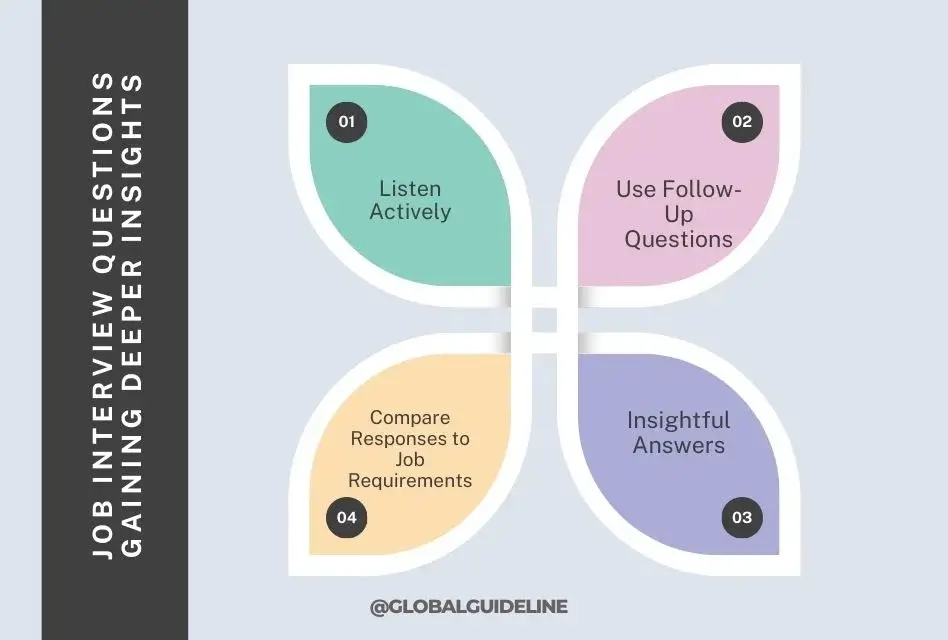
Job Interview Questions: Gaining Deeper Insights
Incorporating strategic interview questions into your interview process can significantly enhance your ability to identify the best candidates. However, it’s not just about the questions you ask but how you interpret the answers. Here are a few tips for gaining deeper insights from candidates during interviews:
1. Listen Actively
Active listening goes beyond what the candidate is saying to the words themselves. Listen to their production, tone, and body language when answering your questions. You can add context to their answers by this method and judge the response in the light of actual interest.
2. Use Follow-Up Questions
Feel free to ask follow-up questions if a candidate’s response was unclear or if you would like more detail. It shows that you are listening to conversation and provides the candidate an opportunity to really expand on their experience and skills.
3. Compare Responses to Job Requirements
Listen to the candidate’s response and simultaneously evaluate, align, and match them with the requirements and expectations of the Job Description. When you incorporate strategic interview questions to ask candidates, you will be in a position to determine if the candidate has the competencies that the role requires to be effectively performed in the organization.
FAQs: Most Asked Questions on Strategic Interview Questions
1. What are 5 questions you could ask your candidates in an interview?
There are among the strategic kind of questions:
- Can you describe a time when you overcame a major obstacle at work?
- How do you prioritize your tasks when faced with multiple deadlines?
- An example when good teamwork paid off.
- Tell me about your long-term career aspirations.
- How do you take feedback and criticism?
2. What is a creative question to ask an interviewee?
A creative question could be: “If you could solve one huge problem in your industry, what would it be and how would you do it?” Encourages candidates to think critically and show industry knowledge and problem-solving skills.
3. What does STAR stand for in interviewing?
The STAR method is a structured approach that requires candidates to describe the situation they were in, the task assigned, what they did, and what results came from the actions. This provides clearly described situations with concise responses.
4. Which interview question tells you the most about a candidate?
Past behavior questions like “Can you describe a time when you had to make a difficult decision?” are usually the most revealing as they serve to highlight how the candidate handles real world situations.
5. How can I interview a better candidate?
Develop a clearly defined job description that will attract only your ideal candidate. Perform strategic interviewing and create questions that help you confirm the fit in the position, all the while keeping your process thorough and objective.
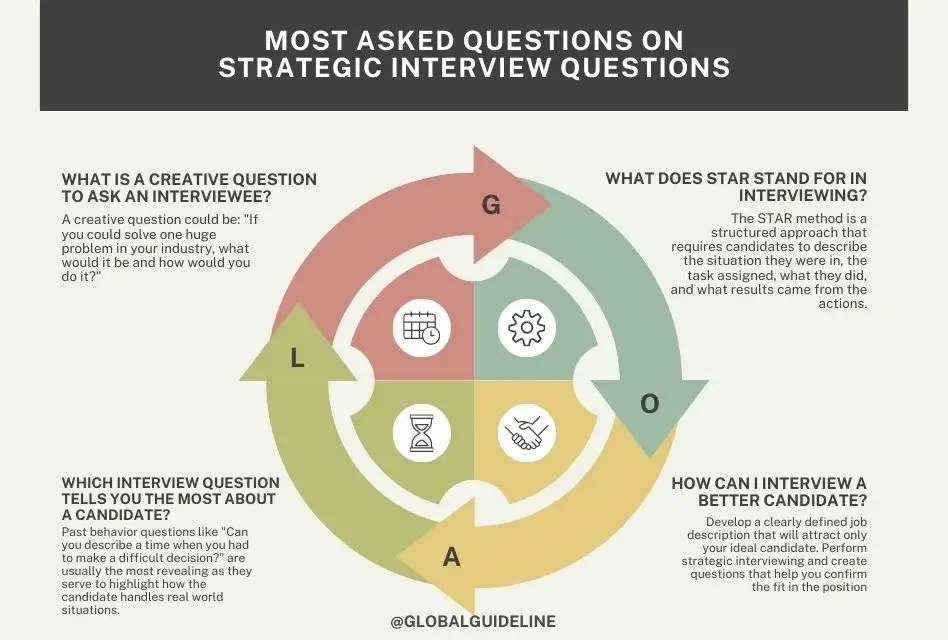
Conclusion: Mastering the Art of Strategic Interviewing
Strategic interview questions allow powerful probing into candidates’ qualifications, work style, and cultural fit. When you have the right strategic interview questions to ask candidates that should steer a conversation during the interviews, then you can tell what kind of information is more pertinent to you than the résumé in front of you.
They work across most situations, be it a sales, healthcare, or an administrative position. And, remember, you are evaluating not only the candidate’s qualifications but also whether, by certain measures of success, they are apt to succeed within your company’s cultural and work environment. You’ll be better equipped to identify the candidates who can ensure that success with these strategic interview questions to ask candidates in your arsenal.

